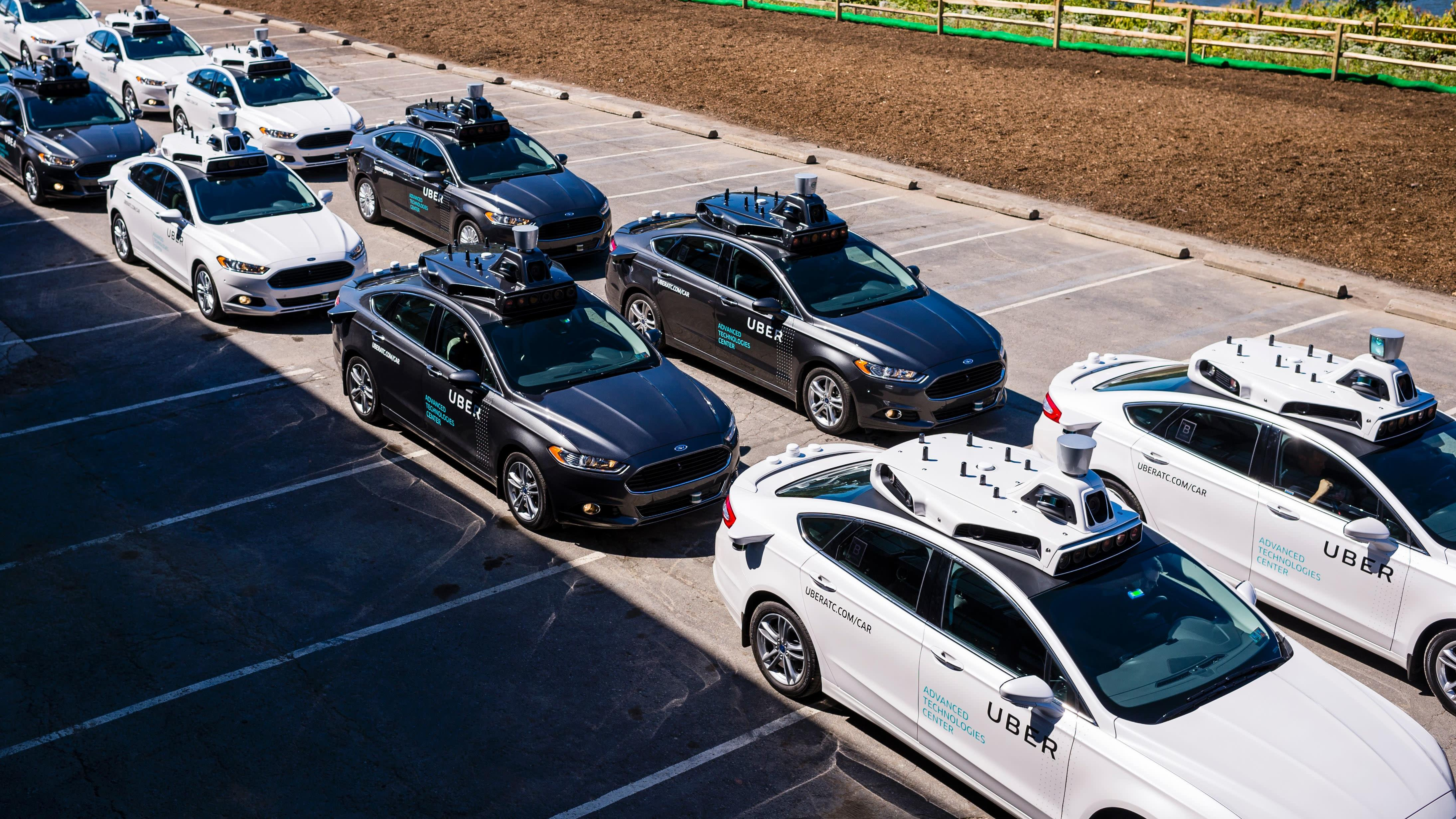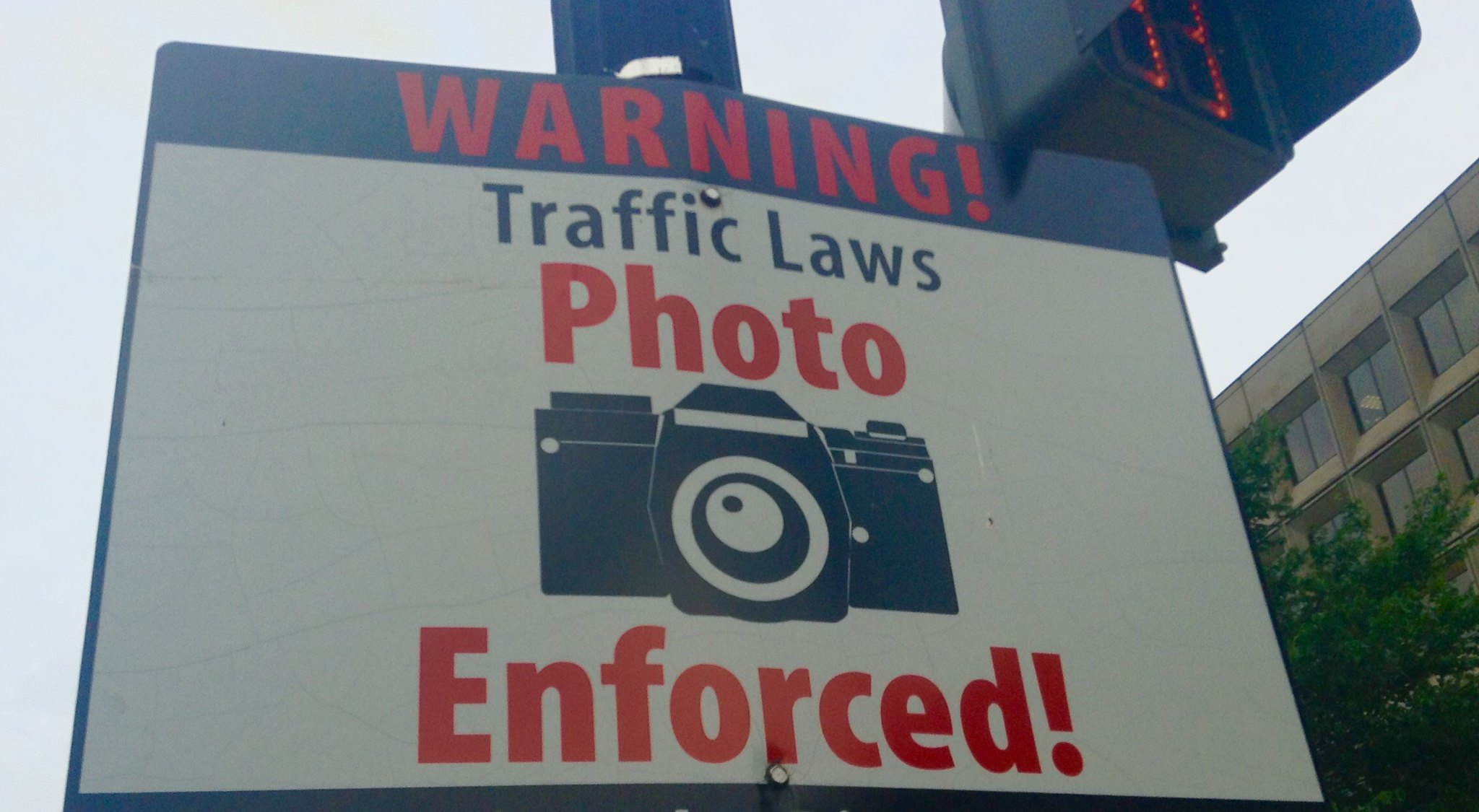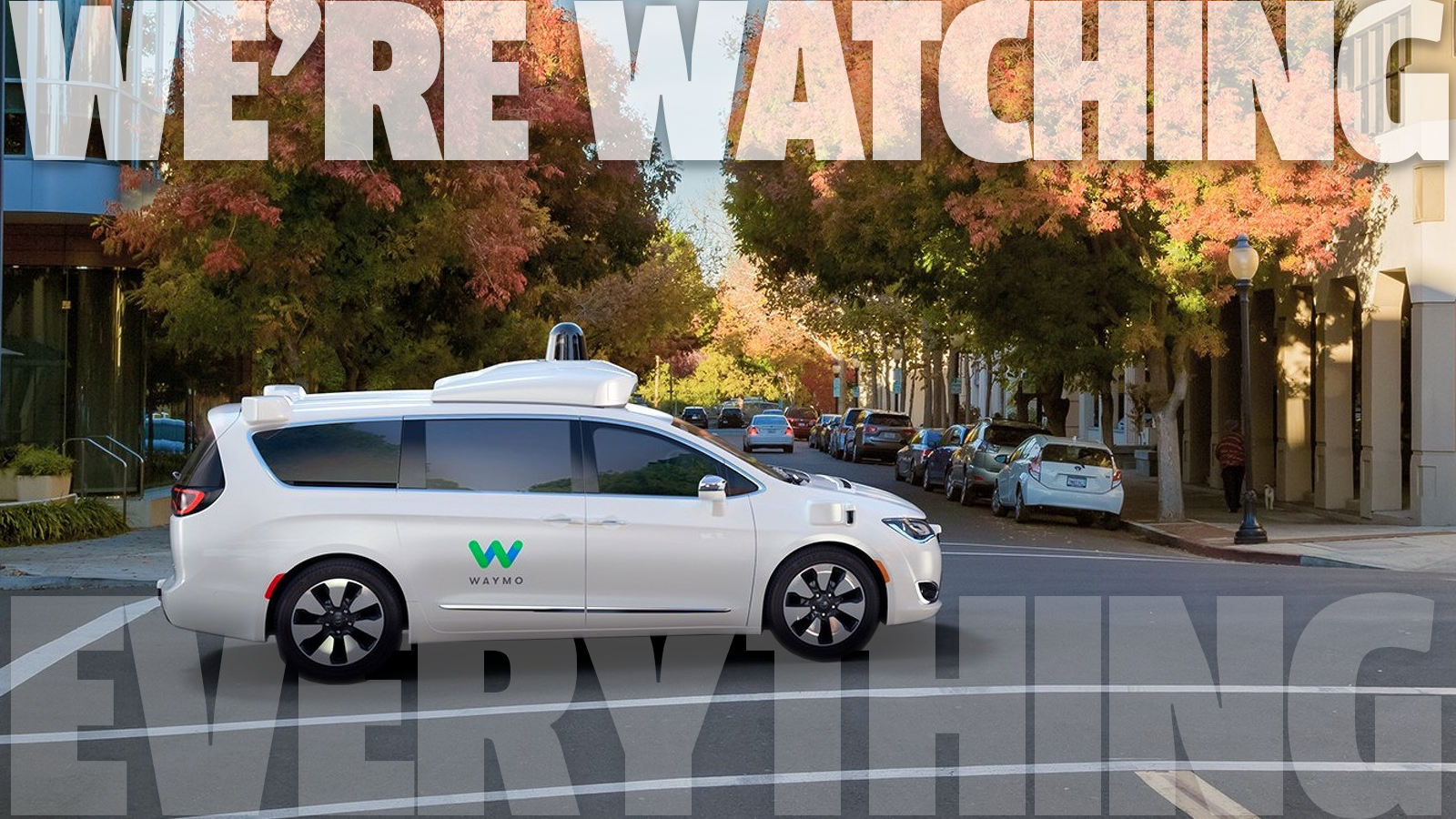Autonomous Vehicles Will Soon Create A Privacy Nightmare For Everyone In View Of Traffic
You're driving down the interstate singing a mediocre-at-best rendition of Jewel's "Who Will Save Your Soul" when a vehicle merges into your lane, right into the side of your car. Tires squeal, your windows break, and before you know what happened, the other car hits the accelerator and disappears into traffic. Right in front of you is an autonomous vehicle with cameras that saw the whole thing. How much would you pay for the video from that vehicle?
What if the other driver pulls over and blames you for merging into him? Or what if they genuinely believe that it was your fault? People's memories are worse than they think, and their recollections are likely going to be biased in their favor. It's hard to imagine a situation where a video of a collision on a public road wouldn't help the truth come to light. That may be bad for one driver, but I think we can all agree it would be in the greater good to assess fault accurately.
On the other hand, the fact that this data even exists leads to a slew of privacy questions.
Next month, California will start making permits available for autonomous delivery vehicles in the state. This means there will soon be way mo' (sorry) autonomous vehicles in traffic.

There have already been concerns raised about the privacy implications of being inside vehicles with advanced driver assistance features. What may be of greater concern is the privacy of people outside of the vehicle.
Companies like Waymo could soon have millions of cameras pointing in every direction on every road. Companies that already make money off of your data will have cameras looking at everything you do in view of traffic.
There is a precedent for Waymo's parent company Alphabet overreaching with data collection in vehicles: in 2012 the FCC sanctioned the company for collecting Wi-Fi information and the personal data transmitted over those networks. So it's not too big of a stretch to imagine them peeking in your car window.

The Supreme Court has ruled that a driver of a car should have a reasonable expectation of privacy inside their car. But what about what you do with your car, and what about the laws you break inside your car?
Next time you're stuck in traffic have a look around at the other drivers and tell me if every one of them isn't on their damn phone. I mean, I know you're not on your phone, but did you come to a complete stop at that stop sign? Was your turn signal on the correct amount of time before you changed lanes?
Autonomous vehicles are programmed to recognize things, and it doesn't take much to imagine them recognizing the actions of other drivers. Law enforcement could get that data by legally compelling AV companies to give it to them. Probably more likely, they will be monetarily compelled to share the data by taking a cut of the traffic fines. It sounds like a stretch until you realize we've already been down this road with red light cameras.

Amazon, a company likely to have camera-equipped vehicles blanketing roads in the near future, is already working with law enforcement through Ring to profit at the expense of privacy under the guise of fighting crime.
If this sounds a little too Orwellian for you, maybe you would prefer to have the data only available after a collision, or after a ticket has already been written.
If the data is out there, it is accessible. By governments, by hackers, through subpoenas, and obviously by the company collecting the data and by all of their "partners". It is not good that countries like the United States don't have comprehensive data privacy laws to give citizens control of their personal data.
Auto companies are already collecting data and selling it with no concern for your privacy, and soon there will be an incomprehensible amount of data to profit from, collected by companies without your input, your consent, or even being their customer.
Privacy advocates are rebuffing with calls for privacy rules similar to Europe and Canada that put citizens in control. Based on our lackadaisical history with data and privacy, I expect we're going to figure this one out the hard way.
